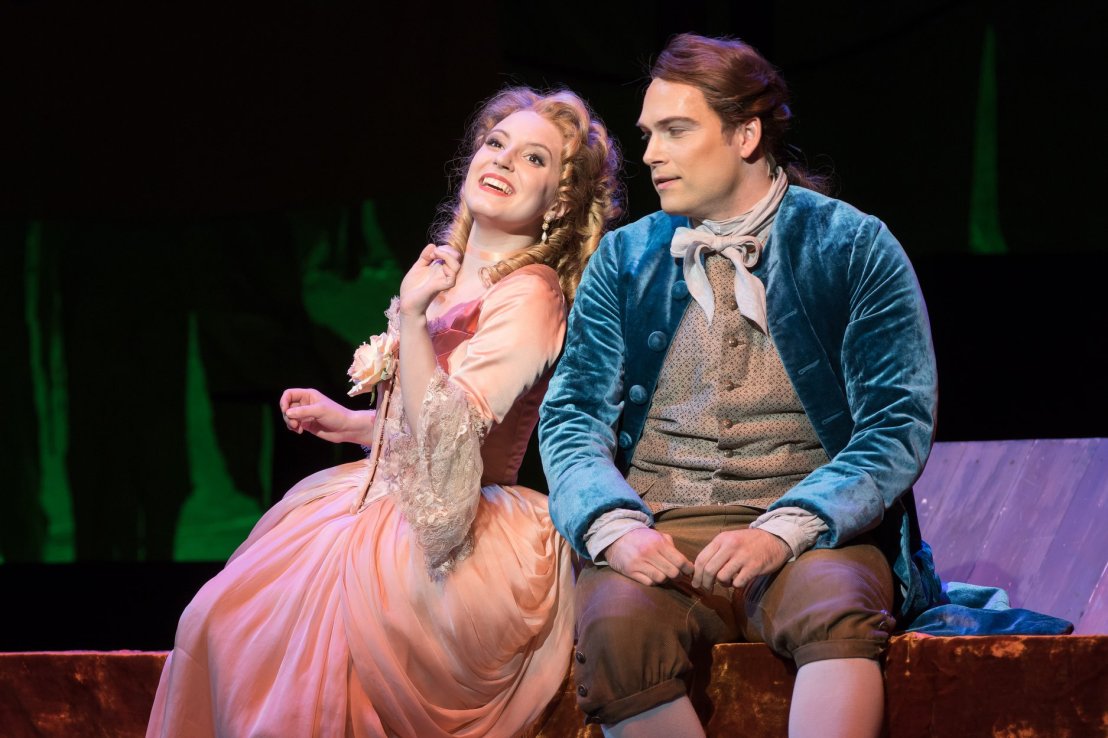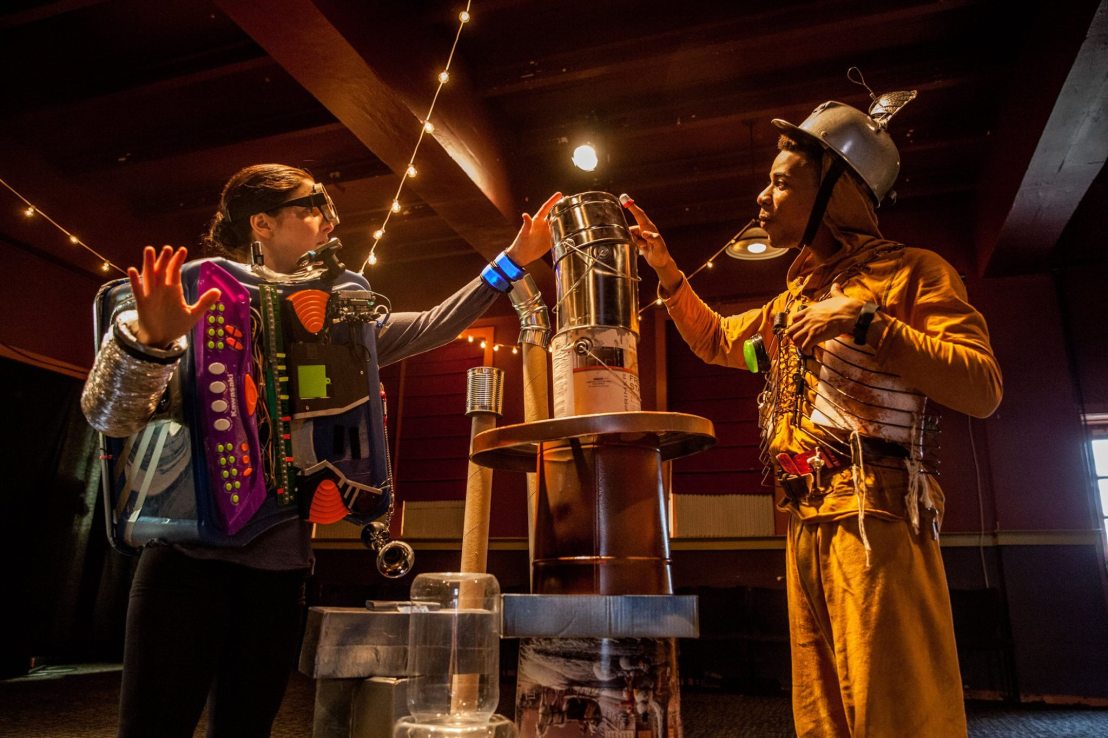
I’m so happy that I had the opportunity to see the current production of Candide at the Kennedy Center Opera House. My good friend has season tickets for opening night at the opera and invited me to join her for this show. I will admit upfront that I am not very familiar with Candide except for the soprano solo, “Glitter and Be Gay”, and knowing that it is a Leonard Bernstein piece. I do know that Candide has been done at opera houses around the world as well as with musical theatre or light opera companies. The Kennedy Center’s casting reflected this with both renowned opera and Broadway performers.
The two main vocal components I want students to focus on are:
- Diction: There are a lot of fast moving lyrics throughout the score for Candide and it’s of utmost importance that I can understand the storyline. The Washington National Opera uses the screen for most songs so you can read along the lyrics (as they do with all operas especially those not in English), but musical theatre companies will not have this so I believe that crisp and clear diction is paramount. We sometimes have vowel modifications based on vocal range and resonance, but these modifications should not change the word in a way that the listener cannot understand you. Practice speaking the lyric clearly and fast then sing the lyrics with special attention that you’re not getting sloppy with your diction.
- Tone Quality: There is no doubt that a legit sound is used throughout Candide. I might emphasize open vowels, a relaxed throat, and low, open breath throughout the score. Sopranos will be head-dominant whereas all male roles have a classical chest-dominant sound. There are great pieces in this score that are reminiscent of classical musical theatre including Bernstein’s other works, Rodgers & Hammerstein, and Lerner & Loewe. It’s certainly advantageous for musical theatre performers to have a diverse skill set and study pieces from more classically based productions.
Think about what other shows might bridge the opera and musical theatre worlds. Perhaps The Merry Widow or Pirates of Penzance (both light operas). Find a song to sing from this genre and see how it challenges you vocally!
 I took my two year old twins to see Arts of the Horizon’s production of Nutt & Bolt last week. I had the opportunity to watch two artists tell an awesome story about working together without using any words. My two young boys that are usually running around like crazy actually sat still and were mesmerized by the thirty-minute show.
I took my two year old twins to see Arts of the Horizon’s production of Nutt & Bolt last week. I had the opportunity to watch two artists tell an awesome story about working together without using any words. My two young boys that are usually running around like crazy actually sat still and were mesmerized by the thirty-minute show.